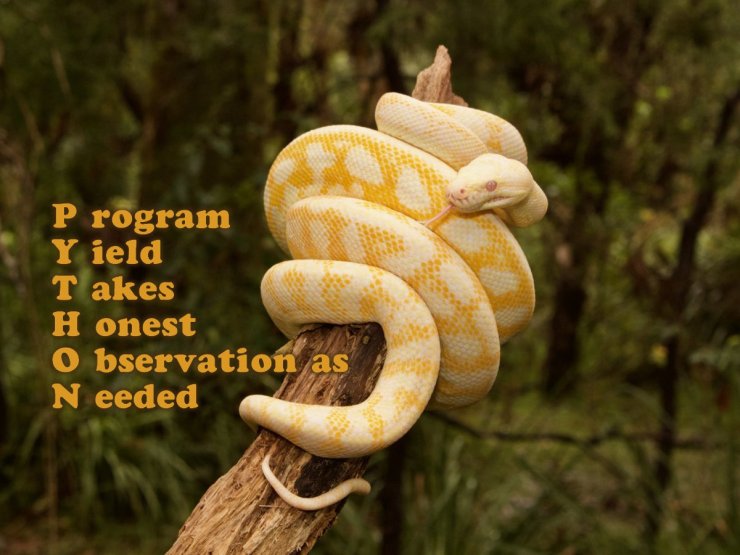
Yes, as a lifelong programmer I do speak sizzle-tongue. And it is true that some languages are more suited to perform certain tasks than others. I speak several, some natural, others aimed at telling machines what to do. For the latter purpose, my current go to choice is indeed Go. Not because it took me a considerable learning curve to get the hang of it, but because I can see the beauty in how it is defined, and the features it brings.
On the other hand, my role as a programmer is shifting, and my natural language skills are now becoming more essential for creation of programs: just yesterday I used Grok 2 to help me devise a program to help me insert the hyperlinks into the page stories of the acrosstics so I no longer have to do this manually. Normally that would take me 10-15 minutes to do for a given page. The new program now does dozens of pages in mere seconds!
And thecreation process? Some thoughtful specification of what I wanted Grok to do, as precise and unambiguous as possible. Then compile Grok's results, and see if it works. Find the errors, and either fix them myself or ask Grok what is wrong there. It took only one initial request and 2-3 small corrections, and the program was of sufficient quality to be usable. Not capable of all edge cases, but good enough for me to live with the remaining "bugs".